
|
I-R01 INTRO: Introduction to Risk Management
The course covers the main topics of industrial safety, starting with different aspects of risks and terminology used in the field. The main part of the course is dedicated to the related EU directives and their application in industry. The course outlines goals, scope and required measures / obligations considering acute (e.g. accidents-related) and chronic (e.g. pollution-related) risks. Special attention is devoted to major accident prevention and related process safety risk assessment methodologies.
|
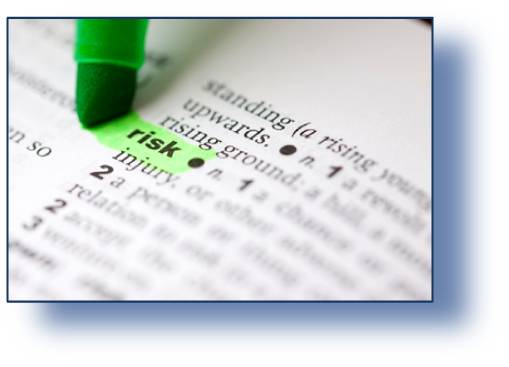
|
I-R02 PETRO: Risk Analysis in Petrochemical Industry
The petroleum industry is changing rapidly, challenging organizations and individuals to keep pace and distinguish opportunity from understanding, assessing and managing risk.
This course presents current global and regional issues of risk analysis in petrochemical industries.
Topics include risk aspects and methods for hazard identification, probability and consequences analysis, risk assessment, and health, safety and environment issues related to petrochemical industries.
|
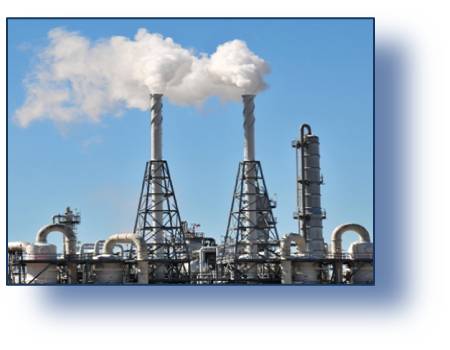
|
I-R03 POWER: Risk Analysis in Power Industry
Knowledge of risk analysis applied specifically in power industry, starting with advantages and effectiveness of its application. It presents the regulatory basis and requirements, and elaborate commonly used methods through number of examples.
|
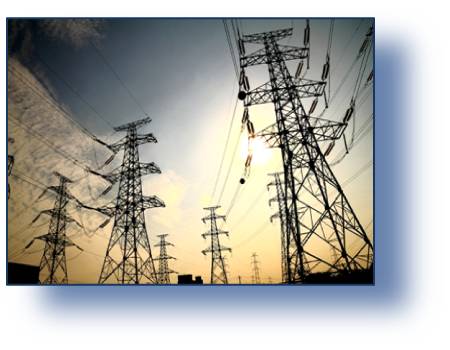
|
II-R04a RBI-PETRO: Risk Based Inspection - Petro
The course elaborates on risk issues in petrochemical industries and explains principles of risk-based inspection. It deals with existing risk-based approaches and gives links to applied codes and standards. The focus of the course is on main reference documents of American Petroleum Institute: Recommended Practice for Risk-Based Inspection (API RP 580) and Base Resource Document on RBI (API Publication 581) API 581.
|
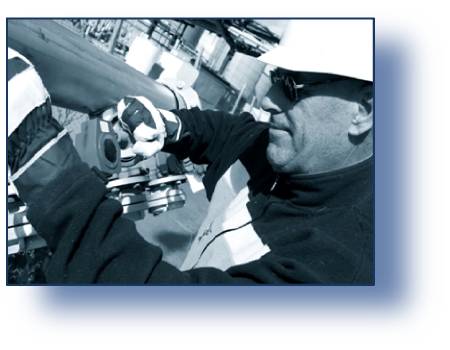
|
II-R04b RBI-POWER: Risk Based Inspection - Power
This course offers the state-of-the art knowledge of risk-based approaches currently applied in power generation industries. It highlights different levels of risk assessment and how to model consequences, as well as how to assess likelihood using statistical and other approaches. It goes deeper in risk sources including specific damage mechanisms commonly present in power plants. As an outcome, attendees will know how to optimize the inspection and monitoring strategy aimed to reduce risks and they will be able to optimize inspection plans and use inspection results in the risk management process of a power plant.
|
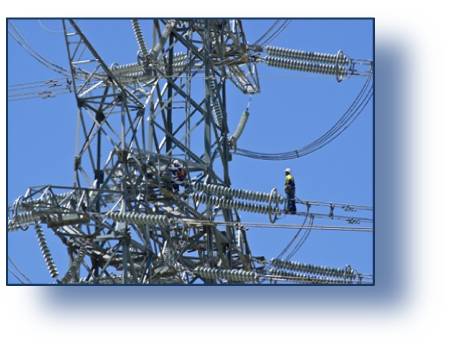
|
II-R05 RCM&RCFA: Reliability Centered Maintenance and Root Cause Failure Analysis
Reliability Centered Maintenance (RCM) and Root Cause Failure Analysis (RCFA) are methodologies used for logical decision-making process for analysis and definition of the equipment maintenance requirements, as well as for accident prevention. The focus of the course is on the damage mechanisms appearing in different industries. A large number of well elaborated examples is included.
|

|
IIIA-R06 HSSE: Health, Safety, Security and Environment
The course gives an overview of EU regulation in the field of HSSE (Health, Safety, Security and Environment), explains the objectives and requirements, as well as the state-of-the art in the implementation including constraints and advantages. Special focus is on the Integrated Pollution Prevention and Control (IPPC) and Industrial Emission Directive (IED) and on the prevention of major accidents (Seveso).
|

|
IIIA-R07 CoF: Accident and Consequences Modeling
The course deals with accident and consequences modeling in industry. Three main topics are covered by the course: modeling of explosion, fire modeling and industrial fires. The modeling is elaborated by explaining general techniques and illustrated by examples of applied methods: CDF model, Baker-Strehlow-Tang model, Reynolds Averaged Navier-Stokes (RANS) model, as well as Phenomenological and Stoichiometric models. Attendees will not only be able to differentiate between fire and explosion, but also know how to do simple calculations of consequence with an appropriate comprehension of explosion mechanism and fire principles.
|
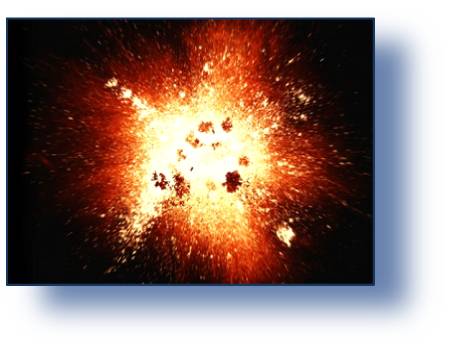
|
IIIB-R08 FIRE: Fire Protection
The course starts with the theory of fire and extinguishment, and thoroughly explains fire protection principles. Further, the course gives details related to the fire protection concepts including legal background and requirements with special focus on industrial fires and risk analysis. The course introduces basic principles and application of fire modeling, explains the phenomenon of a fire and gives an overview of the fire models and their hierarchy and discusses particular models, including numerical. The theoretical part is complemented with number of examples, including calculations, that illustrate the use of different fire models.
|
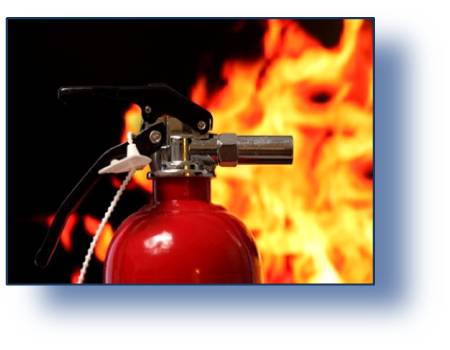
|
IIIB-R09 ExP: Explosion Protection
The EU directive ATEX is presented in details, along with the principles of explosion prevention and protection. Its practical application in the industrial plants is explained on a series of real life examples.
|
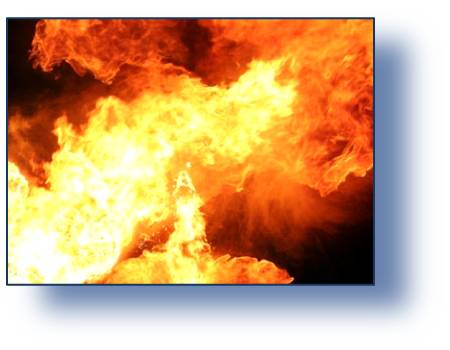
|
IIIC-R10 REACH: Risk Analysis of Chemicals
The course aims to explain principles of the EU regulation in the area of registration, evaluation and authorization of chemicals – REACH (EC Nr. 1907/2006). It gives an explanation of the principles and obligations for manufacturers, importers and downstream users to ensure that the manufacturing, placing on the market or the using of such substances do not adversely affect human health or the environment.
|
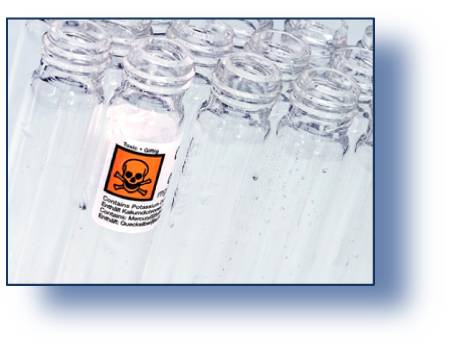
|
IIIC-R11 ADR: Transport of Dangerous Materials
The course covers international and EU policies and legislative requirements related to the transport of dangerous materials and explains the European Agreement concerning the International Carriage of Dangerous Goods. It elaborates the main issues from ADR 2013 as well as safety measures and procedures in case of accidents.
|
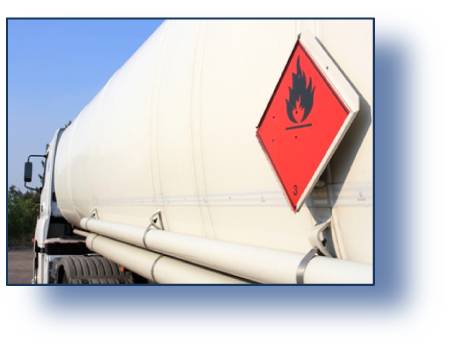
|
IIIC-R12 OSHA: Occupational Safety and Health
The course aims to explain the EU regulations in the field of safety and health of workers at work. Main topics include general principles concerning the prevention of occupational risks, the protection of safety and health, the elimination of risk and accident factors, general guidelines for the implementation of these principles as well as the the informing, consultation and balanced participation in accordance with national laws and/or practices. The course also discusses the training of workers and their representatives.
|
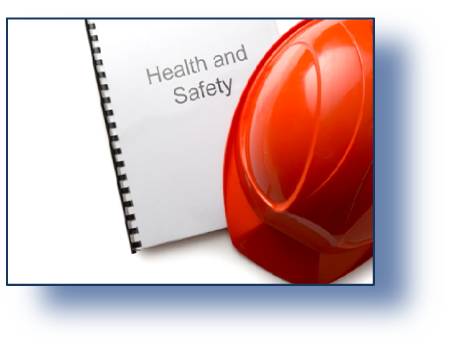
|
IVB-R13 BUSINESS: Business Continuity Risks & Insurance
Complement other courses devoted to technical and engineering issues of risk management in industrial plants (petrochemical plants, process industry, power plants, etc.). Technical risks in the above plants can be a cause or a contributing factor in/for the business continuity and the final outcome of the technical/engineering activities is practically always to be seen on the background of business implications and implications/impacts to the business activities of a company. The insurance aspects are the most relevant practical aspect linking the engineering and business side of the company operation and asset management: therefore these will be tackled, too.
|

|
VA-R27 PubHealth: Public Health Oriented Risk Analysis
The course covers the main topics of health oriented risk analysis with different aspects of risks and terminology used in the field. The main part of the course is dedicated to the related actions used in overall analysis (assessment, perception, communication etc.). Furthermore, the course is illustrated by a number of examples, presents commonly used methods, in particular the issues like (1) Basics of Risk: Analysis, Assessment and Management, (2) Risk Analysis in Perspective (Measures of Risk), (3) Dose-Response Functions, (4) Risk Perception and Communication, (5) Variability and Uncertainty, (6) Cumulative Risk Assessment, (7) Risk Assessment, Management and Law and (8) Application to Public Health- WHO Methodology.
|

|
|
|